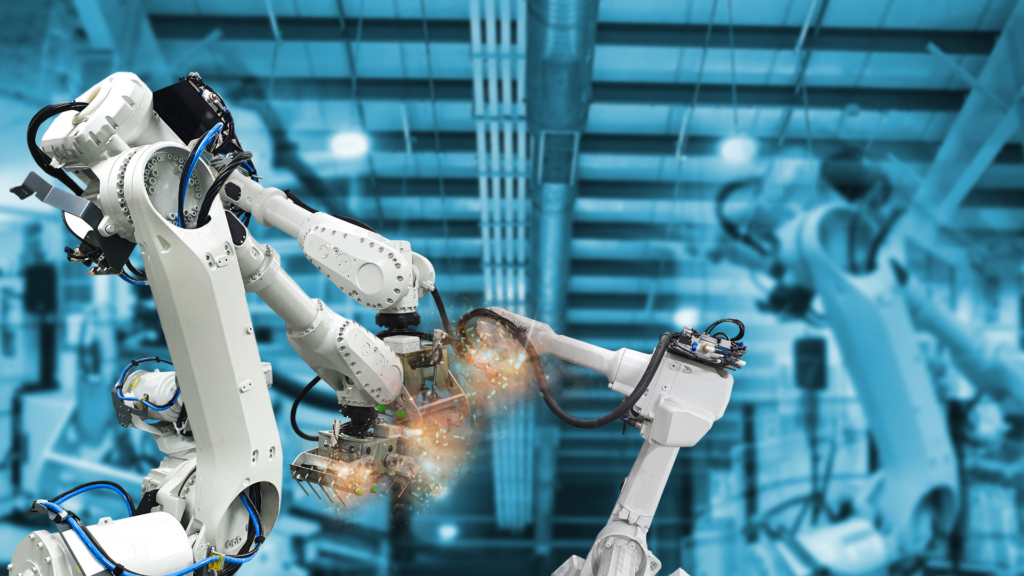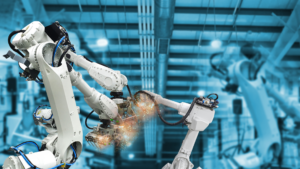
Exploring the Evolution of Construction Technology: Innovations Reshaping the Building Industry
Construction technology, often referred to as “ConTech,” represents the integration of innovative tools, materials, and processes within the construction industry. As one of the oldest and most fundamental sectors of human endeavor, construction has seen remarkable advancements over the years, propelled by technological innovation. This blog delves into the diverse realm of construction technology, exploring its evolution, current trends, and potential future impact on the building industry.
Evolution of Construction Technology
The history of construction technology is a testament to human ingenuity and progress. From the rudimentary tools and techniques of ancient civilizations to the sophisticated machinery and digital systems of the modern era, the evolution of construction technology has been characterized by continuous innovation and adaptation. Milestones such as the invention of the steam engine, the development of reinforced concrete, and the introduction of CAD (ComputerAided Design) software have reshaped the way buildings are designed, constructed, and managed.
Advanced Materials and Techniques
One of the defining features of contemporary construction technology is the proliferation of advanced materials and construction techniques. Innovations such as highperformance concrete, engineered timber, and prefabricated modular construction have revolutionized the way buildings are erected, offering advantages in terms of speed, costeffectiveness, and sustainability. Additionally, emerging materials like selfhealing concrete and carbonnegative building materials hold the promise of further enhancing the durability and environmental footprint of construction projects.
Robotics and Automation
The integration of robotics and automation is another key trend shaping the future of construction technology. From autonomous construction vehicles and drones for site surveying to robotic bricklayers and 3Dprinted structures, automation is streamlining construction processes and improving productivity. By automating repetitive tasks and hazardous activities, robotics not only enhance safety on construction sites but also enable faster project delivery and cost savings.

Building Information Modeling (BIM)
Building Information Modeling (BIM) represents a paradigm shift in the way buildings are designed, constructed, and operated. By creating digital representations of physical and functional characteristics of buildings, BIM facilitates collaborative decisionmaking, improves project coordination, and enhances efficiency throughout the building lifecycle. BIM software enables architects, engineers, contractors, and facility managers to visualize and simulate construction projects in a virtual environment, leading to fewer errors, reduced rework, and optimized building performance.
Sustainability and Green Building Practices
In response to growing concerns about environmental impact and resource depletion, sustainability has become a central focus in construction technology. Green building practices, such as passive design strategies, energyefficient HVAC systems, and renewable energy integration, are increasingly being incorporated into construction projects to minimize carbon emissions and resource consumption. Furthermore, technologies like Building Integrated Photovoltaics (BIPV), rainwater harvesting systems, and green roofs are transforming buildings into sustainable, environmentally friendly structures.
The Future of Construction Technology
Looking ahead, the future of construction technology holds immense promise for further innovation and advancement. From the adoption of AI and machine learning algorithms for project optimization to the use of robotics for onsite construction tasks, the possibilities are vast. Moreover, as the construction industry continues to embrace sustainability and resilience, we can expect to see continued efforts to develop ecofriendly materials, renewable energy solutions, and smart building technologies that redefine the way we conceive, construct, and inhabit the built environment.
In conclusion, construction technology represents a dynamic and rapidly evolving field that is reshaping the building industry in profound ways. With advancements in materials science, robotics, digital modeling, and sustainability, construction projects are becoming more efficient, resilient, and environmentally friendly than ever before. As we embrace these innovations, it is essential to prioritize collaboration, safety, and sustainability to ensure that construction technology continues to drive positive change and create a built environment that meets the needs of present and future generations.
Leave a Reply
- AI in Diagnostics: Revolutionizing Early Detection and Accuracy
- How AI and Advanced Analytics Are Transforming Healthcare Outcomes
- Investing with Confidence: The Role of ROI Calculators
- How ROI Calculators Drive Data-Driven Business Strategies
- The Ultimate Guide to ROI Calculators for Business Success
- Making Sense of ROI Calculators: A Comprehensive Guide
- June 2025 (1)
- May 2025 (1)
- October 2024 (2)
- September 2024 (31)
- August 2024 (31)
- July 2024 (27)
- June 2024 (28)
- May 2024 (30)
- April 2024 (33)
- March 2024 (23)
- February 2024 (29)
- January 2024 (3)
- December 2023 (47)
- November 2023 (36)
- October 2023 (23)
- September 2023 (2)
- June 2023 (2)
- May 2023 (13)
- April 2023 (1)




